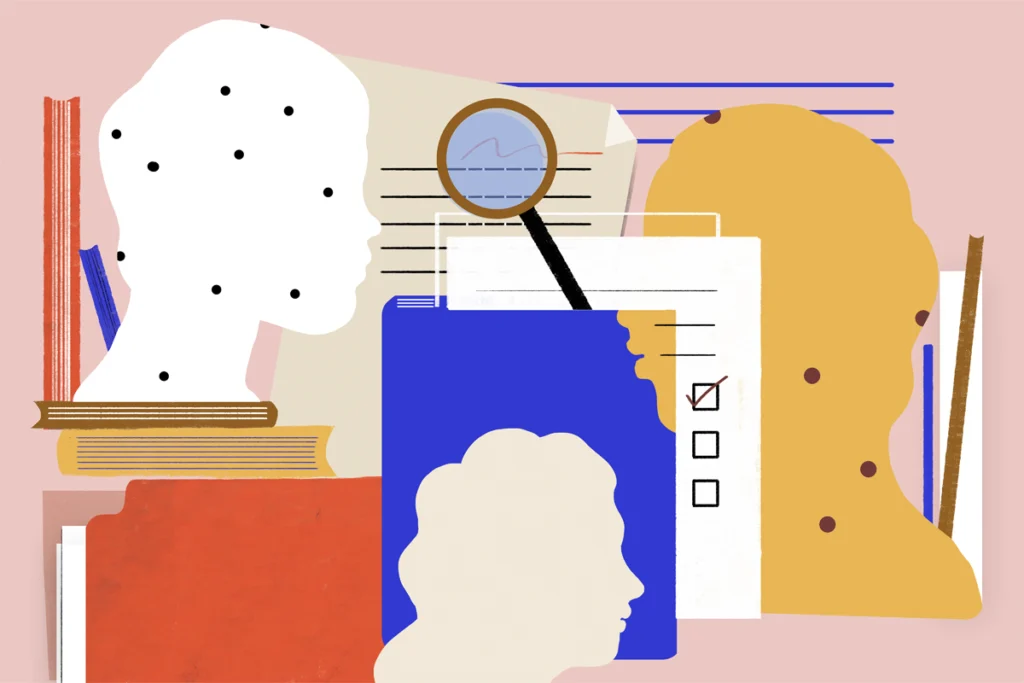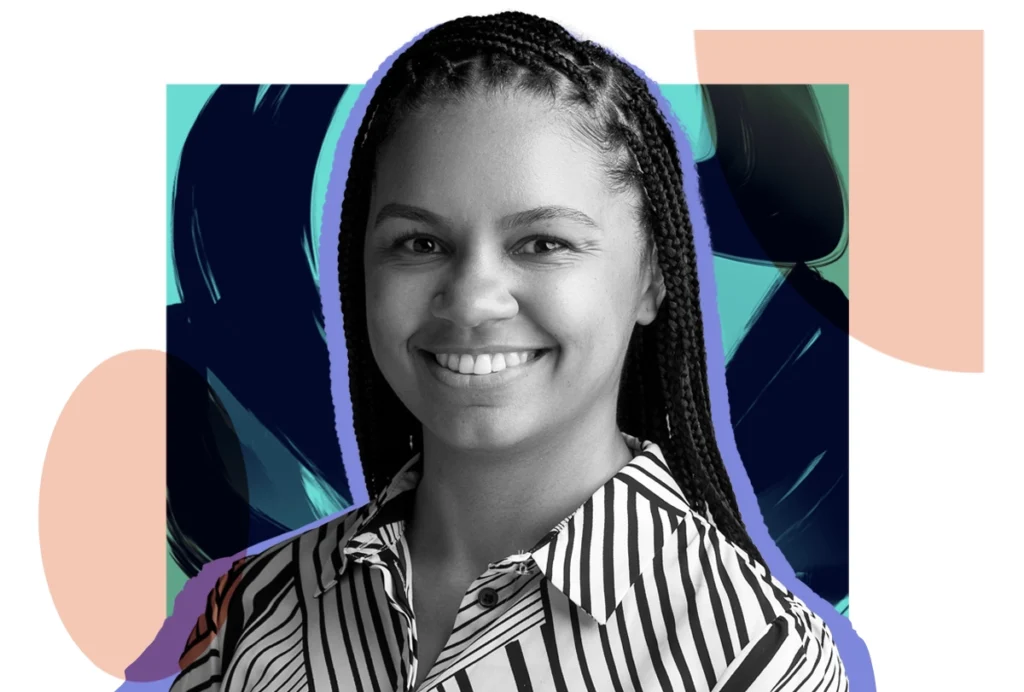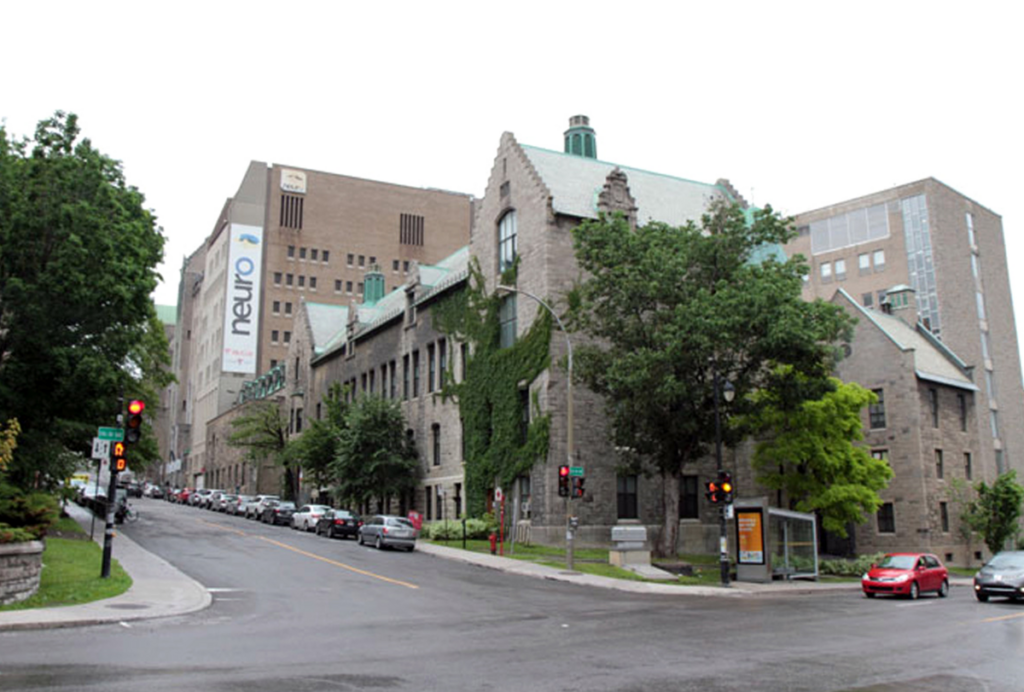DEI
Recent articles
Spectrum 2024: Year in review
We round up our most notable autism stories of the past 12 months.

Spectrum 2024: Year in review
We round up our most notable autism stories of the past 12 months.
Building a global community: Q&A with Black In Neuro co-founder Clíona Kelly
As Black In Neuro Week 2024 continues through Sunday, Kelly explains how the organization expanded from its humble beginnings as a Slack channel to connect Black neuroscientists across the diaspora.

Building a global community: Q&A with Black In Neuro co-founder Clíona Kelly
As Black In Neuro Week 2024 continues through Sunday, Kelly explains how the organization expanded from its humble beginnings as a Slack channel to connect Black neuroscientists across the diaspora.
Inclusivity committee disbands in protest at Canadian neuroscience institute
The majority of an 11-person committee resigned from the group this week following news that a staff position overseeing equity, diversity and inclusion would not be renewed.

Inclusivity committee disbands in protest at Canadian neuroscience institute
The majority of an 11-person committee resigned from the group this week following news that a staff position overseeing equity, diversity and inclusion would not be renewed.
Autism research hits the road
Some scientists are thinking creatively about how to collect data in flexible environments and meet communities where they’re at.
Autism research hits the road
Some scientists are thinking creatively about how to collect data in flexible environments and meet communities where they’re at.
Neuroscience group to relocate 2025 meeting slated for Florida
Going forward, the American College of Neuropsychopharmacology plans to gather at “non-discriminatory sites,” following the passage of Florida laws targeting LGBTQ+ people and reproductive rights.

Neuroscience group to relocate 2025 meeting slated for Florida
Going forward, the American College of Neuropsychopharmacology plans to gather at “non-discriminatory sites,” following the passage of Florida laws targeting LGBTQ+ people and reproductive rights.
Black and women researchers are less likely to hold three or more NIH grants simultaneously
A growing proportion of researchers has reached such “super principal investigator” status, but the distribution is not even across demographic groups.

Black and women researchers are less likely to hold three or more NIH grants simultaneously
A growing proportion of researchers has reached such “super principal investigator” status, but the distribution is not even across demographic groups.
Explore more from The Transmitter
During decision-making, brain shows multiple distinct subtypes of activity
Person-to-person variability in brain activity might represent meaningful differences in cognitive processes, rather than random noise.

During decision-making, brain shows multiple distinct subtypes of activity
Person-to-person variability in brain activity might represent meaningful differences in cognitive processes, rather than random noise.
Basic pain research ‘is not working’: Q&A with Steven Prescott and Stéphanie Ratté
Prescott and Ratté critique the clinical relevance of preclinical studies in the field and highlight areas for improvement.

Basic pain research ‘is not working’: Q&A with Steven Prescott and Stéphanie Ratté
Prescott and Ratté critique the clinical relevance of preclinical studies in the field and highlight areas for improvement.
Proposed NIH budget cut threatens ‘massive destruction of American science’
A leaked draft of a Trump administration proposal includes an approximately 40 percent cut to the National Institutes of Health’s budget and a major reorganization of its 27 institutes and centers.

Proposed NIH budget cut threatens ‘massive destruction of American science’
A leaked draft of a Trump administration proposal includes an approximately 40 percent cut to the National Institutes of Health’s budget and a major reorganization of its 27 institutes and centers.